Nur Adilah Ramli
8th August 2022 - 2 min read
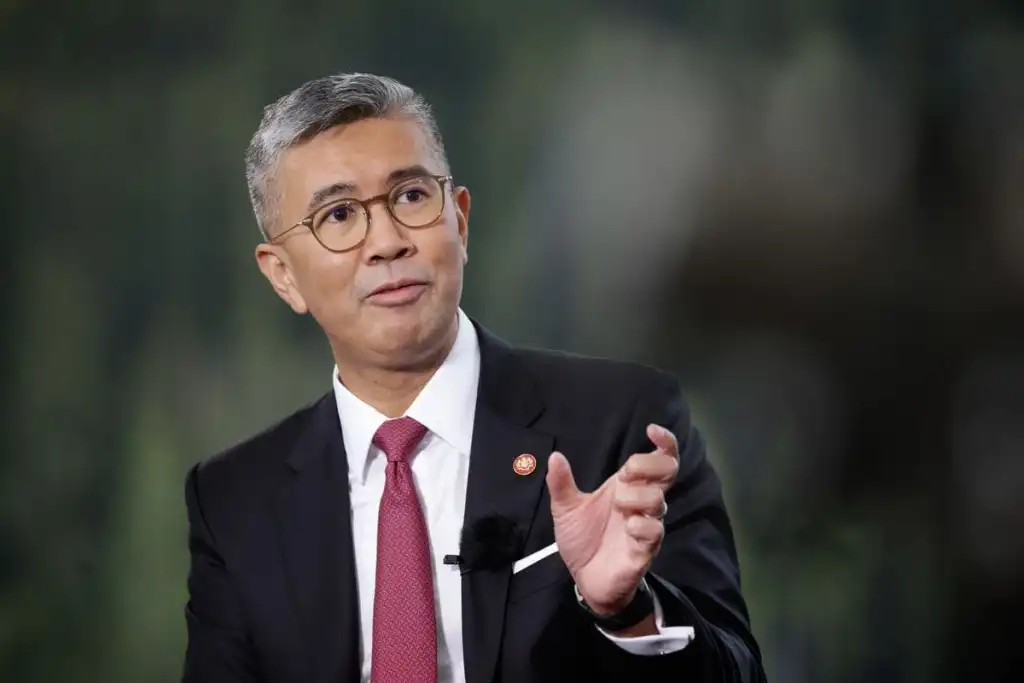
Finance Minister Tengku Datuk Seri Zafrul Abdul Aziz has remarked that Malaysia’s inflation rate could reach “around 11%” if the government does not provide the subsidies that are currently being offered for essential items. These include petrol, diesel, cooking oil, and electricity.
According to Tengku Zafrul, Malaysia has managed to keep its inflation around 2.5% for the first half of this year primarily because of the substantial size of government subsidies. He also stressed that the 2.5% inflation rate is considerably lower compared to other countries across the world, and is still maintained within the 2.2% to 3.2% range expected for this year.
That said, Tengku Zafrul acknowledged that the current blanket subsidy policy is unsustainable, even though it is necessary for short-term economic recovery. As such, the government is already in the midst of finding ways to resolve the matter, although Tengku Zafrul also noted that the government “[doesn’t] want to pull the handbrake too soon.”

The minister further reassured that at present, Malaysia still has the fiscal space to maintain the current subsidies. This is because the country’s current debt-to-gross domestic product (GDP) ratio – which stands at 60% – is still below the country’s statutory debt ceiling of 65% of GDP.
“Having said that, we are cautious as well; monetary policy is tightening also in Malaysia,” Tengku Zafrul also said, referring to the recent overnight policy rate (OPR) hikes in May and July this year. He added that this is part of Malaysia’s efforts to ease the rising inflation in the country.
Previously, Tengku Zafrul had already stated that the existing blanket subsidy policy is not sustainable for the country in the long run. This is especially as the cost to provide the subsidies in 2022 is projected to reach nearly RM80 billion, far exceeding the original allocation of RM31 billion. Given the significant cost, he reiterated that the government is looking to review the current subsidies and other incentives so that the assistance can be targeted to those who are truly in need.
In line with the move, it was reported late last month that the government is testing the mechanism for targeted petrol subsidy; the mechanism will be studied for up to six months before being implemented.
(Source: The Edge Markets)
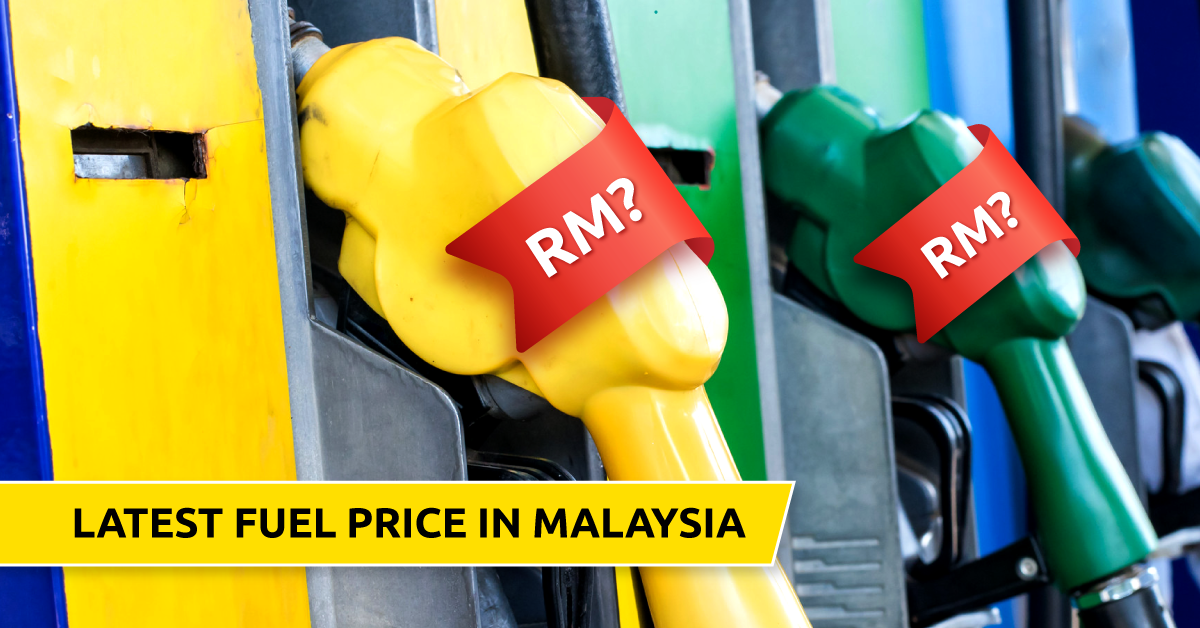
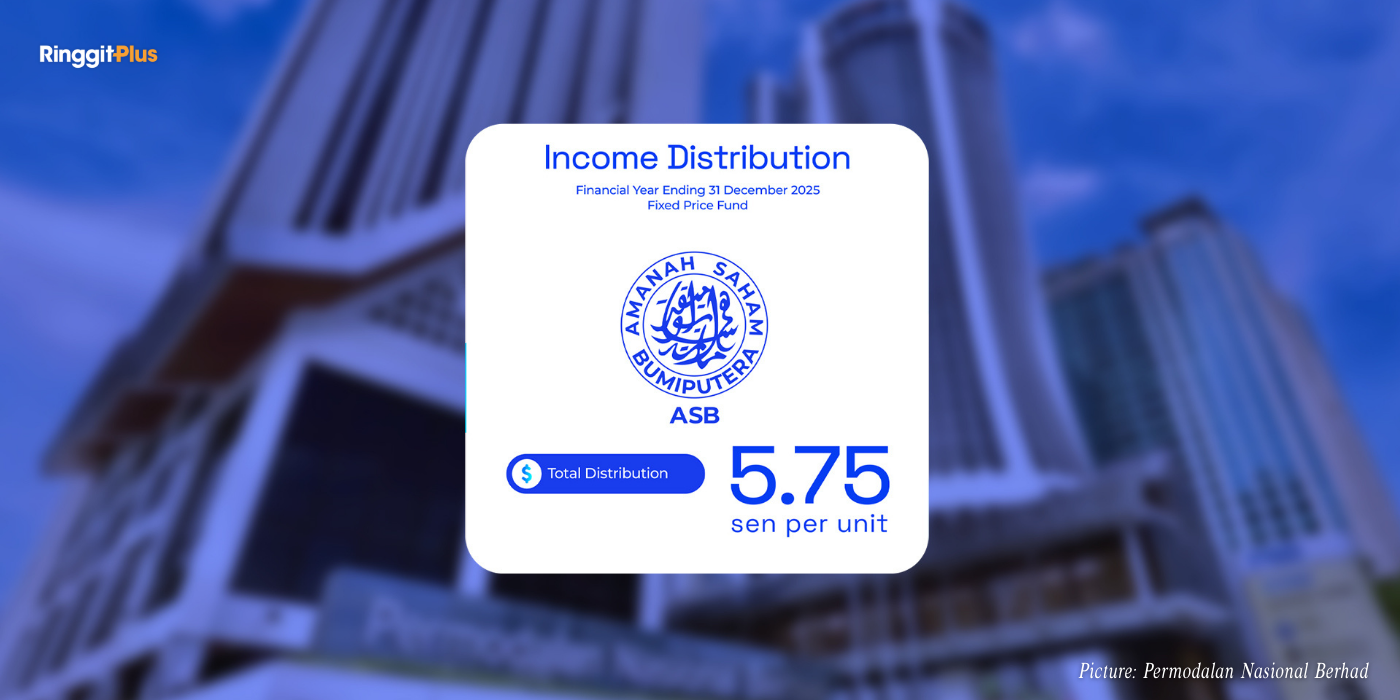
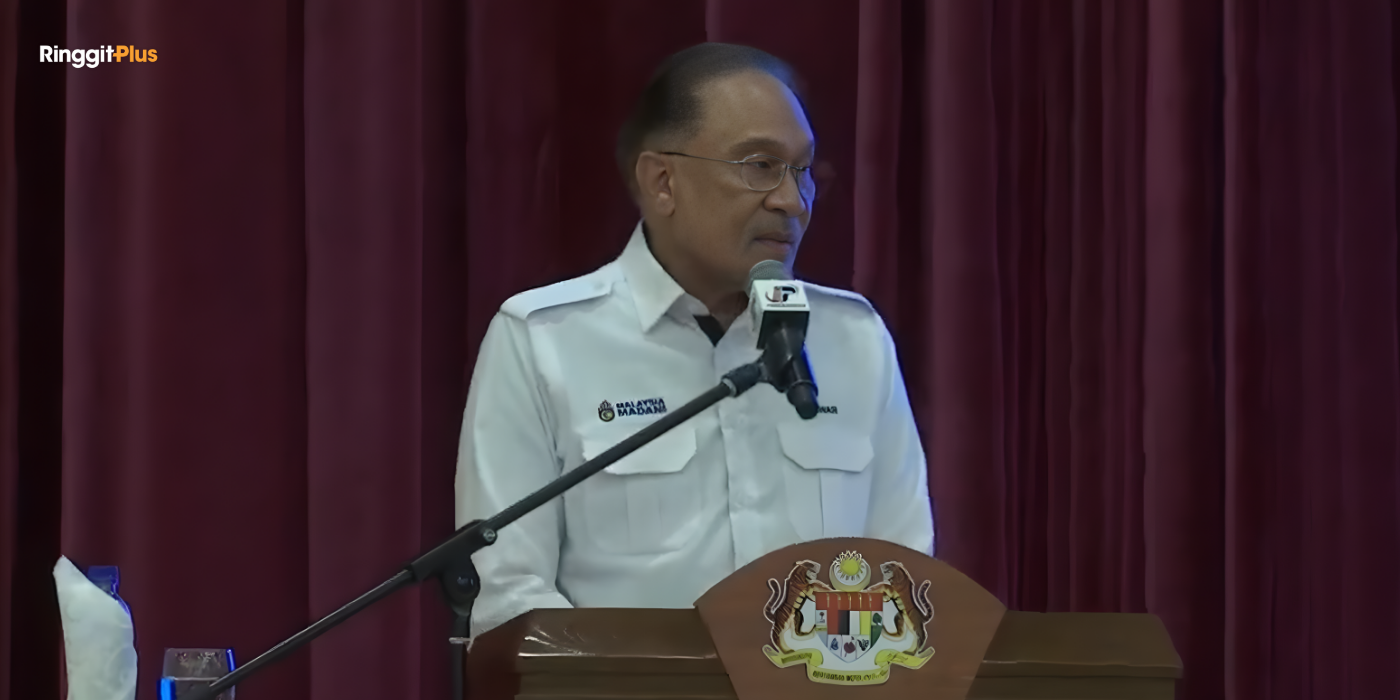
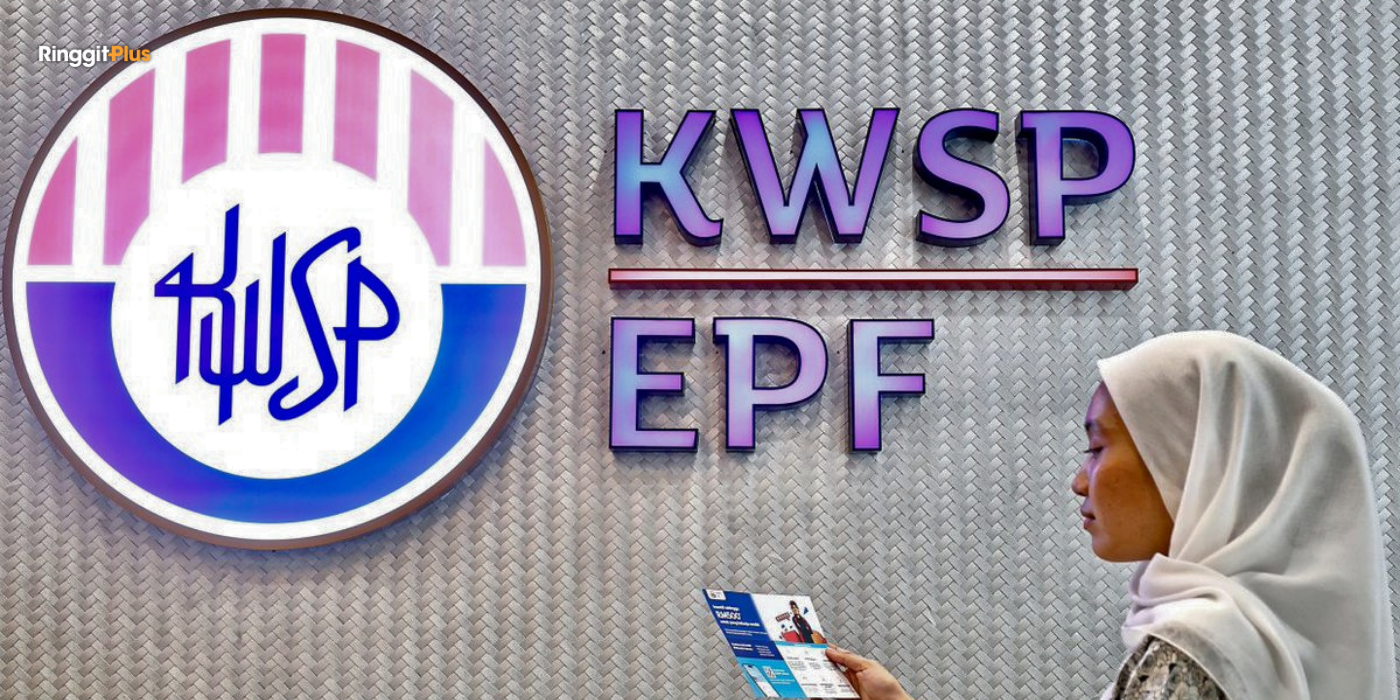
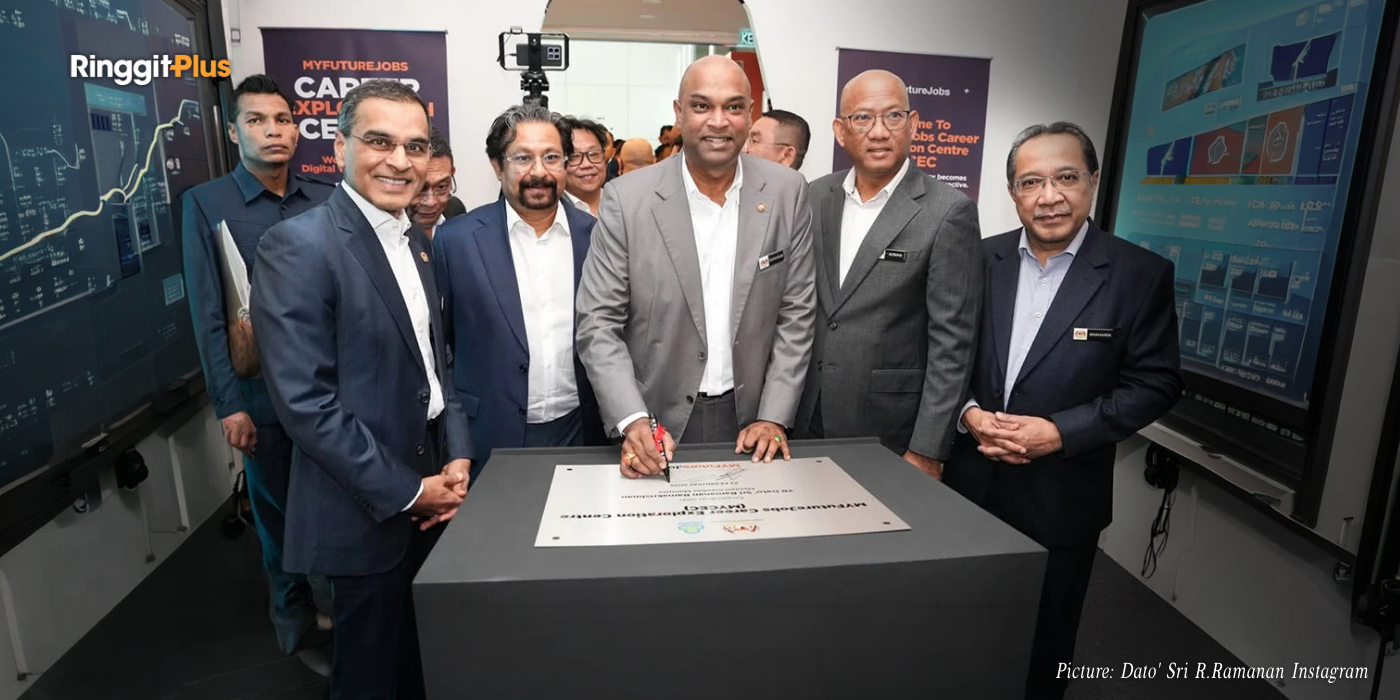




Comments (0)